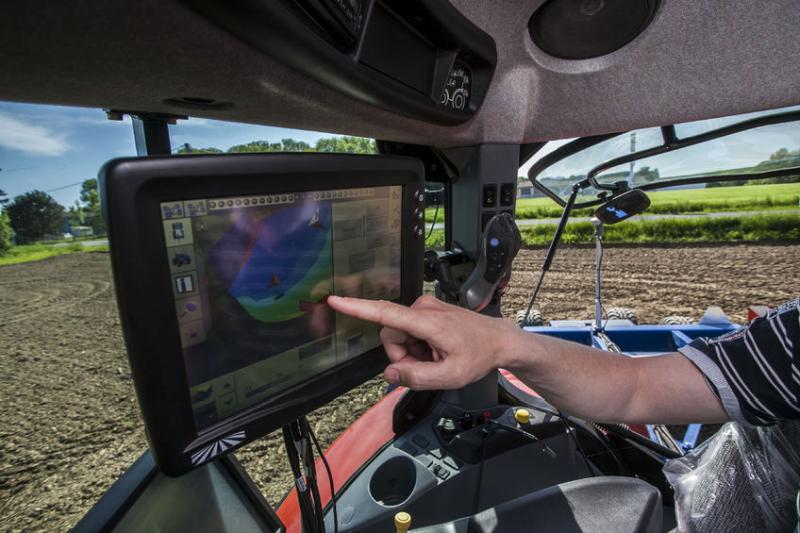
A push forward has begun to showcase farming technology and its importance with two high-profile events in the European Parliament.
Contributors at the Future of Farming event, organised by Anthea McIntyre MEP, included Professor Simon Blackmore of Harper Adams University and Edwin Hecker of the Internet of Food and Farm 2020.
They spoke on the benefits of precision agriculture, while further panels and round-tables covered new plant-breeding techniques, societal challenges, and how new technology could improve farming systems.
Aside from this event, a panel took place yesterday (11 October) examining the impact of regulation on agricultural innovation.
Miss McIntyre, Conservative MEP for the West Midlands, said the events highlighted a range of areas where "effective harnessing" of innovation will boost productivity while protecting the environment and biodiversity.
She said: "But I also had to warn that badly thought-out regulation could be the enemy of progress. I stressed the innovation principle - that regulation must always allow research and enterprise to drive innovation by using genuine science-based evidence in evaluating risk and benefit.
"This is where precision farming and information technology come in - improving soil-health and water management, precision livestock farming, precision breeding and even precision entomology."
'Disruptive technologies'
While the use of standard equipment with precision-farming techniques can prove beneficial, it is only with the development of what are called 'disruptive' technologies that real gains can be made, Miss McInyre explained.
"These are developments such as laser weed-killing systems and second-generation drones, capable of undertaking field tasks rather than simply capturing images," she said.
"Farmers are the major stewards of our environment. They need continued access to innovation, new technology and research in order to produce food in a sustainable way and protect the environment for future generations.
"In that, they need help not hindrance from the regulatory framework."
A report released in September explained how the agricultural industry is being "quietly reformed" by new robotics.
Agri-tech
Agri-tech contributes £14.4bn to the UK economy every year, underpinning the UK’s food and drink industry.
The government has invested £160 million through the agri-tech strategy to help develop innovative solutions from the laboratory through to the farm.
It comes as news that a report highlighted how 'smart farming' and technological advances can be embraced in order to support the growing human population.
Another separate report explained how agricultural robotics will become a $12bn industry by 2027.
Steve Tones, horticulture strategy director at AHDB, said: “Addressing the increasing cost and decreasing availability of labour is one of the top three priorities of our strategy, and a key issue for most growers.
“We recently launched a programme to bring lean principles into all sectors of horticulture, which offers immediate improvements in business productivity. The robotics and automation survey will provide us with the information we need to shape our future activity to meet the longer-term needs of the horticulture industry for alternatives to human labour.”
